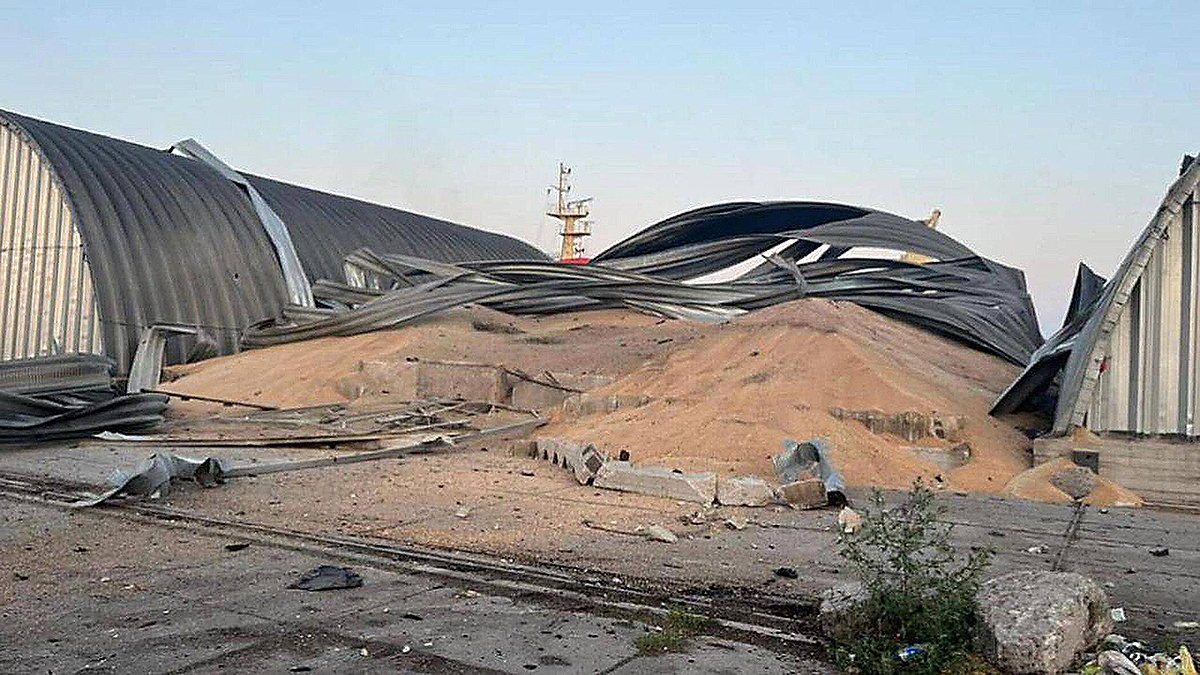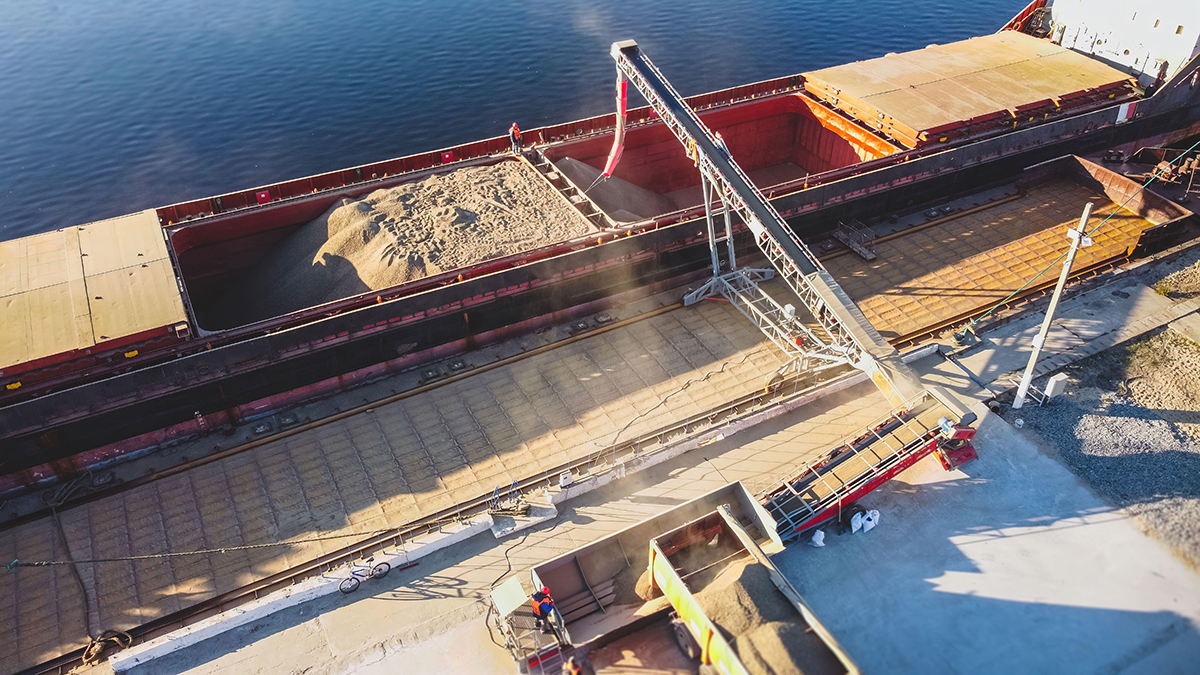Return to commercial war risk cover for Ukraine ships difficult to envisage: Denèfle
Insurance details on two recent bulk carrier calls in Odesa unknown, but Russian threat to treat merchant vessels as military targets still deterring most underwriters
Details of scheme that would see Ukrainian government take first layer of risk expected shortly
A return to widespread commercial war risk cover for ships calling at Ukrainian Black Sea ports is difficult to envisage unless some sort of parastatal backing from the Ukrainian government is made available, the president of the International Union of Marine Insurance (Iumi) warned.
Frédéric Denèfle, whose main job is managing director of French war risk consortium Garex, made his comments in an interview with Lloyd’s List as the organisation’s annual conference opened in Edinburgh on September 17.
Most shipowners stopped calling at Ukrainian Black Sea ports in July after the collapse of a scheme under which Russia allowed exports of wheat, corn and fertiliser bound for emerging markets.
Since the end of the Black Sea Grain Initiative, Russia – which invaded its neighbour in February 2022 – has threatened to treat neutral vessels as legitimate military targets. Any attack on merchant shipping would almost certainly constitute a war crime.
However, there are recent reports five stranded laden vessels departed the Odesa region despite the Russian ultimatum.
Denèfle said while he presumed bulk carriers Primus (IMO: 9310757), Anna-Theresa and Ocean Courtesy (IMO: 9465198) had some sort of insurance in place, details of any cover were not public.
Oleksandr Kubrakov, Ukraine’s infrastructure minister, announced the first commercial arrivals to the port of Chornomorsk during the weekend.
Underwriters can use their own judgment on what risks to write and cover is likely to have been placed commercially, presumably at a high price, to reflect the substantial degree of risk involved.
But given Russia’s stated attitude, readiness to follow this lead is probably limited.
“The war risk insurance market is looking at what is going on now and the local evolution of those vessels heading to the Odesa region. The devil is in the detail and there are a lot of details,” Denèfle said.
“We are looking at that to understand whether this is the starting point of regular traffic or just standalone operations.
“We don’t know what the military situation will be around those vessels. We hope everything will be realised without any damages for anyone.”
One possible solution is a scheme led by broker Marsh, which has said it is talking to the Ukrainian government about a scheme under which Ukraine will take the first layer of risk.
Commercial underwriters could then offer cover more cheaply than they can do at present, while still making a commercial profit.
Denèfle said he did not know how those negotiations were progressing, although an announcement is expected shortly.
“Various things could be organised; one is public back-up by the Ukrainian authorities, but that has to be first understood and then tested. It’s a difficult type of agreement to organise,” he said.
However, there are historical precedents, he pointed out. For instance, the French government reinsured marine war risk during both the First Indochina War against Vietnam in 1946 to 1954 and the Algerian War of Independence between 1954 and 1962.
This article first appeared in Lloyd’s List, a sister publication of Insurance Day



